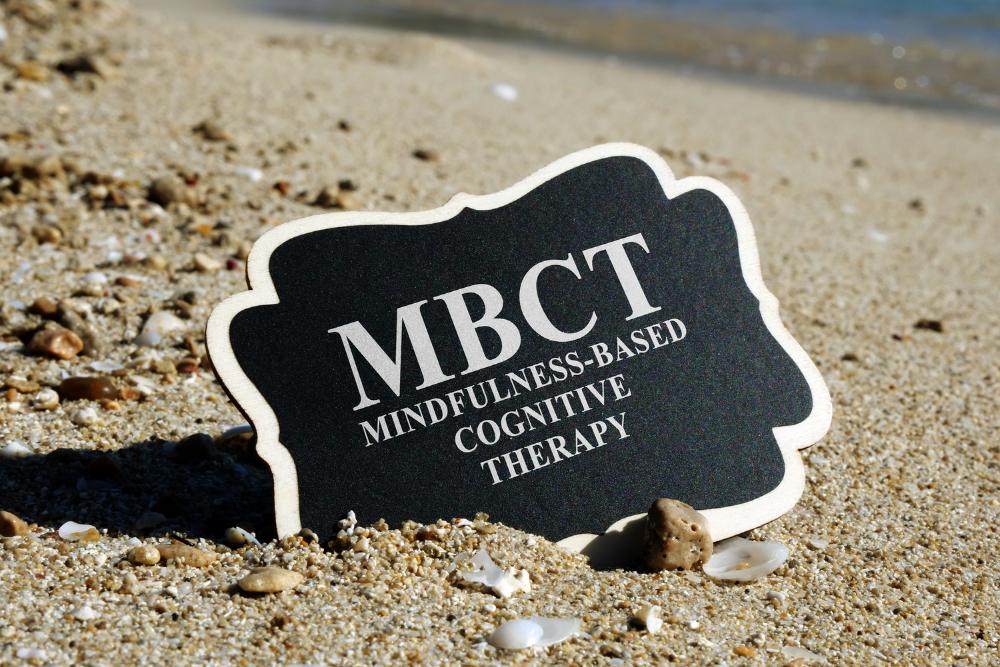One of the common issues that causes a patient to seek out therapy is depression,…

Dialectical Behaviour Therapy Calgary
Dialectical Behaviour Therapy Calgary
If you are looking into therapy options, you may have come across mentions of dialectical behaviour therapy, or DBT for short. This is a cognitive behavioural therapy that can be performed through group therapy sessions, one on ones with a therapist, or phone coaching. Dialectical behaviour therapy can also treat a wide range of self-destructive behaviours.
Read on to find out more about DBT and if it is the right fit for you or someone you know.
What Is Dialectical Behaviour Therapy?
Dialectical behaviour therapy, or DBT, is a kind of talking therapy that can be performed through a few different methods– these include phone coaching with a licensed therapist, in person, one on one sessions with a therapist, and group therapy coaching sessions.
This type of therapy approach is designed to help those who suffer from very intense emotions and related disorders. The therapy works by assisting patients in identifying and changing their negative thinking patterns and behaviours. There are some core strategies and approaches that are implemented in order to bring about results, and all of these strategies must work in conjunction with each other to achieve success. At the heart of the treatment are the concepts of acceptance and change. We must accept what is and what has been and focus change efforts on the future.
One of the tenets of dialectical behaviour therapy includes encouraging patients not to think too far into the future, as this can be a trigger for certain people and can cause episodes such as depressive states, destructive behaviours, suicidal behaviours, or eating disorders as well as various combinations of these symptoms. Rather, the client is encouraged to focus on radically accepting the present, what is, and the past, or what has been.
Patients are taught healthy and positive ways to manage their stress and their general emotions, which occur in everyday situations. They will also be helped to improve their relationships with their loved ones and to regulate their emotions.
Overall, the patients of DBT are able to identify, change, and cope with negative or unhealthy behaviours. This can also help them to identify triggers and avoid certain kinds of episodes that they may have suffered from in the past.

History of Dialectical Behaviour Therapy
Dialectical behaviour therapy was developed in the late 1980s by a psychologist named Marsha M. Lineham, who recognized the complexities involved in working with clients who were at risk for self-harming behaviours. The dialectical behaviour therapy treatment is based upon some of the main points tenets of cognitive-behavioural therapy, CBT therapy combined with tenets from Zen Buddhism that have been augmented to fit within the context of a behavioural therapy. These combined approaches were seen as necessary to fit for successfully treating a wider variety of mental health disorders.
It is important to be aware that dialectical behavioral therapy is continually being researched, and the approach is evolving. Patients are typically evaluated in an ongoing way to make sure that the skills being used are working, and then the treatment plan can be further personalized from there.
What Does Dialectical Behaviour Therapy Treat?
The general overview of dialectical behaviour says that this type of therapy approach can help those who have self-destructive or suicidal tendencies and disorders. The therapy focuses specifically on patients who are high risk and whose identified problems have persisted beyond other treatments.
Originally, it was designed to treat those with either suicidal behaviour and borderline personality disorder– or some combination of both of these. Now, it has been adapted to be able to treat other mental health issues that can threaten a patient’s safety, work, relationships, and general emotional well-being.
Borderline Personality Disorder
One of the mental health disorders that can be treated by DBT is borderline personality disorder. Every patient dealing with this disorder will have slightly different symptoms and triggers. Generally, this disorder leads to acute emotional distress, and patients may suffer from rapidly shifting mood disorders, extreme sensitivity to rejection, and intense bursts of anger and aggression.
Substance Abuse
Substance abuse is another disorder that can be treated by the methods involved in DBT therapy. This is something that is also common in patients who are dealing with a borderline personality disorder.
Depression
Patients suffering from depression can make good use of DBT because the therapy approach is able to get to the root cause of the depression. It helps depressed patients recognize the negative thoughts or behaviours that could trigger a depressive episode and intercept these thoughts instead.
Additional Disorders
Research is being conducted on other mental health disorders to determine whether dialectical behavioural therapy is a successful approach for them. These include mood swings, binge eating, and PTSD. This therapy also works well with ADHD, suicidal symptoms, self harm and eating disorders.




